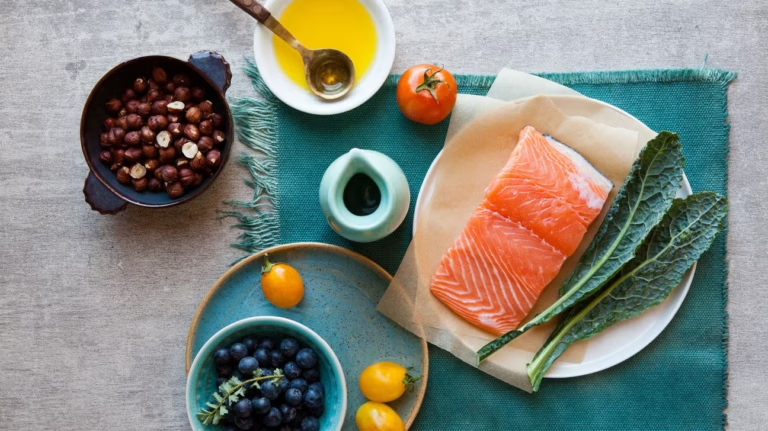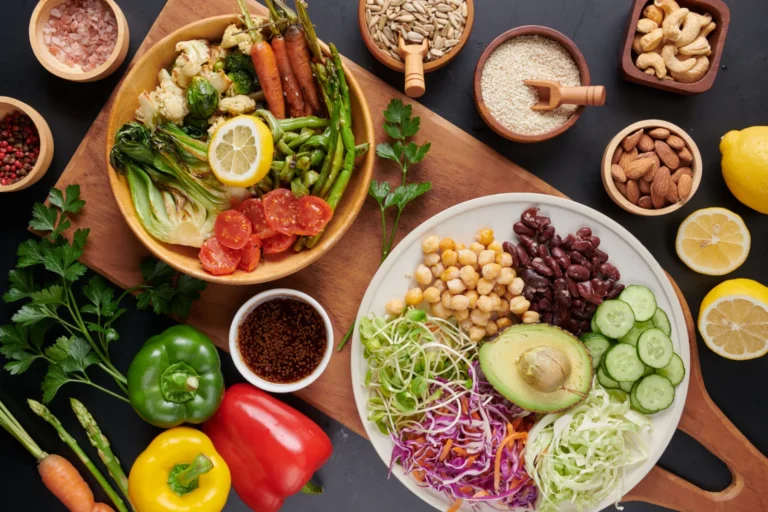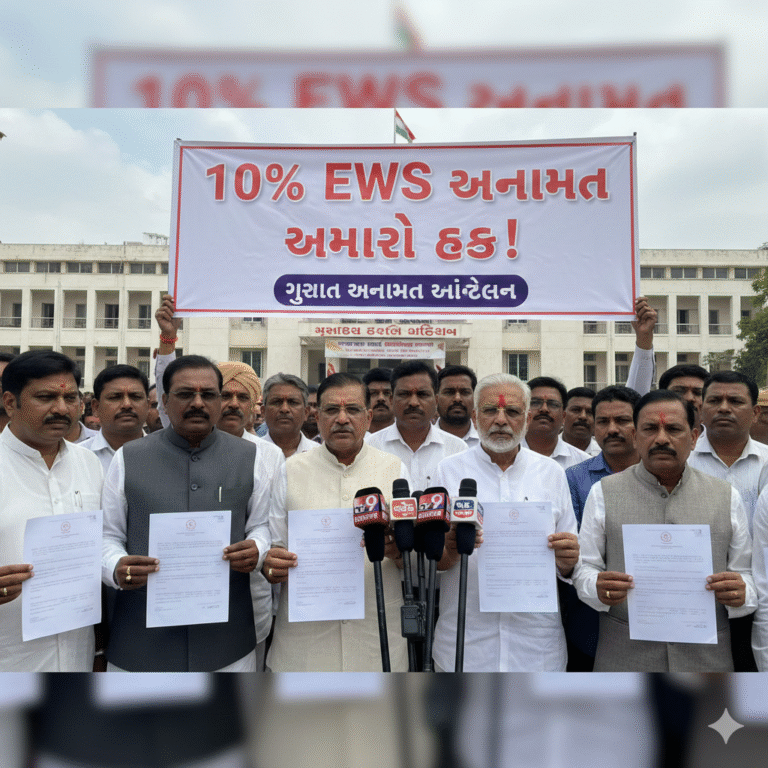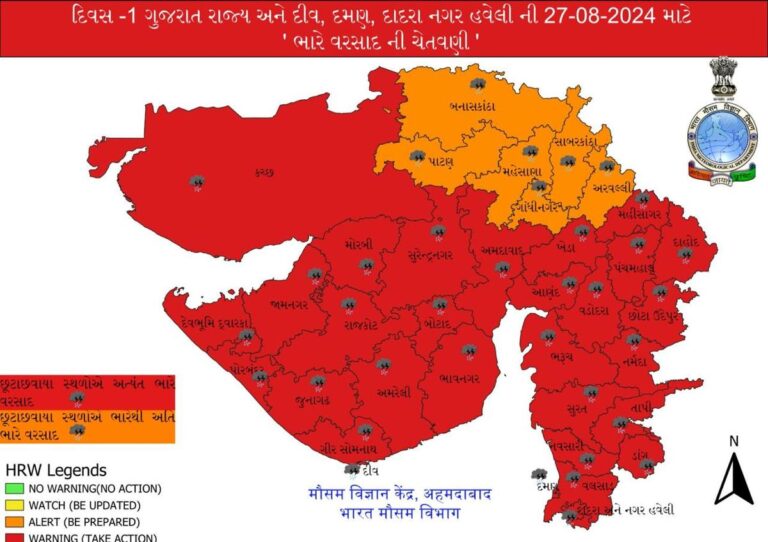
In today’s hectic world, it can be challenging to stay energized from morning to night. Many people rely on coffee or sugary snacks to get through the day, but these quick fixes only leave them feeling tired later. A healthy diet is the key to long-lasting energy. These simple, mindful choices can fuel your body, keep your mood stable, and help you feel your best. This article discusses how to choose foods that are better for you, give you more energy, and improve your overall health.
Your Diet Determines Your Energy
Your body gets most of its energy from food, but not all calories are created equal. How your body converts food into energy depends on the quality of the food you eat. Snacks high in sugar, refined carbohydrates, and processed foods can give you a short-term energy boost, but they often quickly leave you feeling tired, irritable, and confused.
Nutrient-dense foods are foods rich in fiber, healthy fats, vitamins, and minerals. They provide your body with the consistent energy it needs to perform optimally. Smart eating isn’t about restricting your diet or eliminating certain foods, but about making healthy, regular choices that support your energy and lifestyle in the long run.
Start your day right with a healthy breakfast
How you start your day really depends on your breakfast. Skipping breakfast or eating a sugary cereal can cause your blood sugar levels to fluctuate, making you feel tired before lunch. Complex carbohydrates, proteins, and healthy fats are all part of a healthy breakfast.
You can start your day with nuts and fruit, avocado and egg toast, or a smoothie with chia seeds, almond butter, and vegetables. These combinations can provide a gradual energy boost in the morning, keeping you focused and feeling full.
Not a fan of breakfast? Try something light, like a banana with peanut butter or Greek yogurt with berries. It’s important to provide your body with useful energy, not just deplete it.
Eat smaller, more frequent meals
You can choose to eat smaller, more balanced meals throughout the day instead of three large, filling meals. This helps keep your blood sugar levels stable and prevents energy dips. Going too long without eating can make you tired and increase the likelihood of reaching for unhealthy snacks.
Eating an apple with almonds in the morning or a handful of trail mix in the afternoon can keep your energy levels stable. However, pay attention to your body. The goal isn’t to overeat, but to avoid prolonged hunger, which can lead to unhealthy food choices later.
Complex carbohydrates are healthier than refined carbohydrates
Your body gets most of its energy from carbohydrates, but the types you eat are crucial. Refined carbohydrates, such as white bread, candy, and sugary drinks, give you a quick energy boost but quickly deplete your body.
Complex carbohydrates, found in whole grains, brown rice, sweet potatoes, quinoa, and lentils, are broken down slowly, providing your body with a slow and steady supply of glucose. They’re also rich in fiber, which promotes digestion and keeps you feeling fuller longer.
Switching from simple carbohydrates to complex carbohydrates will help you maintain a more consistent energy level and reduce the risk of afternoon slumps.
Eat plenty of protein and healthy fats every day
Protein not only helps keep your energy levels stable but also promotes cell growth and repair. Eat lean meats, such as chicken, fish, tofu, eggs, or beans, with every meal. They help maintain muscle health and prevent hunger pangs.
It’s also important to consume healthy fats, such as those found in nuts, seeds, avocados, and olive oil. They help your body absorb vitamins, reduce inflammation, and provide energy throughout the day. Protein, healthy fats, and complex carbohydrates are the perfect combination to keep you healthy all day long.
Drink plenty of water throughout the day
A common and often overlooked cause of fatigue is not drinking enough water. Even mild dehydration can make you tired, cause difficulty concentrating, and slow your metabolism. Don’t just drink water when you’re thirsty; drink water throughout the day to stay energized.
Aim for eight glasses of water a day. If you’re busy or live in a hot area, drink more water. You can also drink herbal tea or coconut water, or eat water-rich foods like melon, cucumber, and oranges. Remember that your body needs water to produce energy, just like food.
Reduce your intake of processed foods
Pay attention to your body’s hunger signals. Paying attention to your body’s signals is one of the best ways to eat. You should only eat when you’re truly hungry, not when you’re tired, stressed, or mentally exhausted. Mindful eating can prevent overeating and strengthen the connection between your body and mind.
Pay attention to how your body feels after a meal and try to eat slowly and savor every bite. Understanding your body’s needs makes it easier to choose foods that naturally replenish your energy.
Make sure you eat well at every meal, especially lunch
Many people skip lunch because they’re too busy, but this can be counterproductive and leave you feeling tired later in the day. A balanced lunch makes your body and mind feel better and helps you stay focused throughout the afternoon.
Include vegetables, whole grains, lean meats, and some color. For example, grilled chicken with rice and roasted vegetables, or a lentil salad with olive oil dressing. When you’re busy, it’s better to eat a quick, healthy meal than to skip a meal.
Frequently Asked Questions
Question 1: What gives you the most long-lasting energy?
Foods rich in complex carbohydrates, lean protein, fiber, and healthy fats, such as oatmeal, eggs, nuts, and vegetables, can provide long-lasting energy without leaving you exhausted.
Question 2: How can I stay energized in the afternoon?
Avoid a large lunch or sugary snacks. Instead, eat a balanced diet and drink plenty of water. A walk after lunch can also boost your circulation and keep you energized.
Question 3: Does coffee make you sluggish?
In small amounts, coffee can help you focus and be more productive. However, excessive coffee consumption can make you thirsty and less energetic. Limit your intake to one or two cups per day.
Question 4: Are energy drinks a good way to stay alert when you’re tired?
Absolutely not. Energy drinks can give you a quick boost, but they usually have too much sugar and caffeine, which can hurt your heart and make you dependent on them. Choose energy sources from nature.
Question 5: What light meal will keep you energized all night?
A healthy meal with vegetables, lean protein, and complex carbohydrates, such as grilled fish with brown rice and steamed vegetables, can keep you energized all night without feeling miserable.
In short
Eating smart isn’t about following strict rules or diet plans; it’s about understanding what your body needs and giving it the nutrients it needs. By eating nutritious foods throughout the day, drinking enough water, and eating balanced meals, you can maintain your energy, improve your focus, and feel better.
Remember: every move you make counts. Every meal is an opportunity to provide your body with the nutrients it needs for good health. Understanding and planning your meals will not only keep you feeling refreshed, but will also contribute to your long-term health and happiness.





